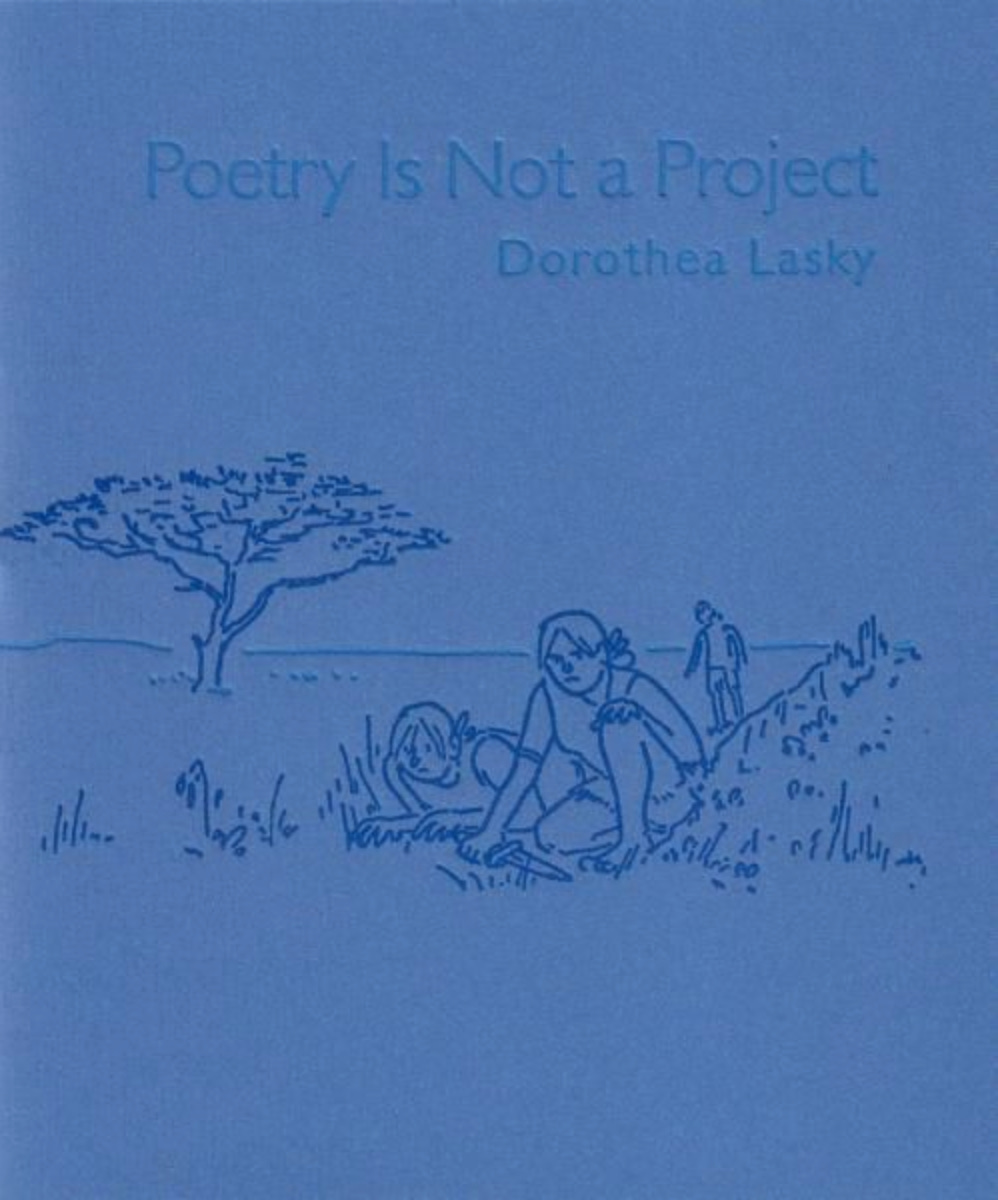You can listen to an audio version of this newsletter above. Please note that this is unedited, there are some natural stumbles, and I’m recording in my home office. I still hope you enjoy!
Three pieces of news
September’s co-working for paid subscribers takes place on Thursday September 21 from 12-3pm ET. You can learn more and access the Zoom link here.
I’m collecting questions for my monthly Q&A on a rolling basis. You can submit them via a comment or an email to kate@katehenry.com
You can learn more about working with me here or book a free 30-minute call to chat about how I can support you through coaching via this link.
The Substack you’re reading today traces back to my blog “The Tending Year,” which started as a yearlong project on tumblr and evolved into a multi-year collection of over 100 blog posts (you can read them here). I like research, teaching, and doing little projects, so writing a weekly blog was satisfying.
The point of my initial Tending Year was to reconsider my world through the dual lens of tending:
to tend to: taking responsibility or care of something
to tend to do: developing habitual actions or beliefs
Being an obliger (borrowing this from Gretchen Rubin: it means I respond well to external accountability), blogging helped me dedicate my time and energy to practices that helped me care for myself while adhering to a structured project where I could check off my to-do list for my work and my financial goals. In my mind, a practice was an action or a choice, whereas a project was a finite goal I could achieve.
The Tending Year was a very successful project. I developed habits and rituals that centered my wellbeing and completed all four goals I had set for myself, but also it laid the foundation for my work as an independent scholar, which ultimately led to this Substack.
Poet Dorothea Lasky published her chapbook “Poetry is Not a Project” in 2010. It’s out of print, but you can read a virtual version here. Lasky’s premise is that making your poetry into a project can detract from actually writing your poems.
She mentions a poet whose project was writing poems about visiting an art gallery: “His poems were not important to his project. His project was important to his project. Everything that mattered was in the idea.”
A tiny detour: I am obsessed with Venn Diagrams, which some would argue are little projects in themselves. What happens in the magical overlap of two disparate items or ideas? This is how Slow Productivity came about—reimagining productivity through the lens of slow living.
My delight in Venn Diagrams is probably why I love remakes of Sherlock Holmes stories so much. Or why I love lofi jazz. Making a project of discovering something new through the use of restrictions or rules is fun, but I also get what Lasky is saying: when we get lost in the ideation of doing something, the actual something may end up mattering little—when that something is what we’re actually producing and we want it to mean something on its own.
I like how Lasky words it here “The problem I am pointing out in this pamphlet is that just because you have constructed a project does not mean you have written a poem. You can plan a party, but you have to make the people show up for it to really be a party. Any other way, all you have created is just a decorated empty room.”
A list of projects I’ve started and didn’t finish:
Learning to play the violin
Making bone broth and then drinking it every morning
Taking watercolor classes
Training to run a 5k race and then running a 5k race
Doing morning pages
I could go into detail about why each of these didn’t end up panning out, but I sense that my reason for doing so would be to absolve myself of “failure.” I had a reason to abandon each of these projects: some were too hard, or boring, or things I only wanted to do because I wanted to be the kind of person who did them.
I do finish other projects, though. I wrote a dissertation, two books, I built this Substack, I painted the watercolor of a bluejay that hangs on the front of our fridge, I do my taxes every year, I got sober ten and a half years ago and thus far have stayed as such, and I planned a beautiful wedding last year.
When I think about what helps me to finish a project, these things came to mind:
I finish projects when they’re part of a contract or for a client.
I finish projects that I can complete in a two to three-hour sitting.
I finish projects when I can set aside space and time to focus on them and chip away versus binging them at the last minute.
I finish projects when I have external accountability.
I finish projects when there’s a strict deadline to complete them.
Knowing these things about myself, I could reverse-engineer an approach to a project to make it more likely for me to complete it. Of course, that isn’t going to work for all projects, and some will be abandoned along the way, but it is interesting to consider what kinds of projects I find harder, easier, more fun, or absolutely boring.
I’d love to hear your thoughts on any or all of these questions:
Is making our practices into a project a good thing? Is it bad? Is it neutral?
Does something change about a practice when we make it into a project?
What kinds of projects do you finish or abandon? Why do you think that is?
Do you feel the same way or differently about your creative projects compared to scholarly or work or personal projects?
Curiosities
This section of my letters is for things that made me say “hmmm” or “wow!” recently.
My birthday is on September 24th and I’m getting excited! I’m working on a special letter for the event of turning 37 and I’m excited to share it with you later this month.
I’m currently dairy free for a month to get some food allergy stuff sorted out, and I welcome your gluten free and dairy free recipes! I miss cheese so much, and I’m still figuring out what non-dairy cheeses I’m into. I’ve only ever eaten nutritional yeast on popcorn (yum), but I hear it’s a good substitute? Feel free to share your favorite recipes with me! Think vegan things I can add meat to if I want. Thanks!
I’m currently 3/4 of the way through Sarah Rose Etter’s The Book of X and it’s intense! The author Carmen Maria Machado called it a “gorgeous, grotesque, heartbreaking novel,” which I agree with. I’m planning to finish it, but I’m waiting until I’m in the right mood. Etter’s second book RIPE was also intense, but didn’t feel as dark as The Book of X. I’d love to hear your thoughts if you read The Book of X (but no spoilers!).
For Your Consideration
Learn about my coaching offerings
Follow me on Instagram
Order my book, Tend to It: A Holistic Guide to Intentional Productivity
Listen to my podcast interviews
Take care,
Dr. Kate















This hit home. I am decidedly NOT goal oriented and turning practices into projects is pretty consistently the kiss of death for forward momentum for me. Focusing on practice over project allows me to short circuit perfectionism and self-doubt and is how I trick myself into completing big projects.
Great piece!